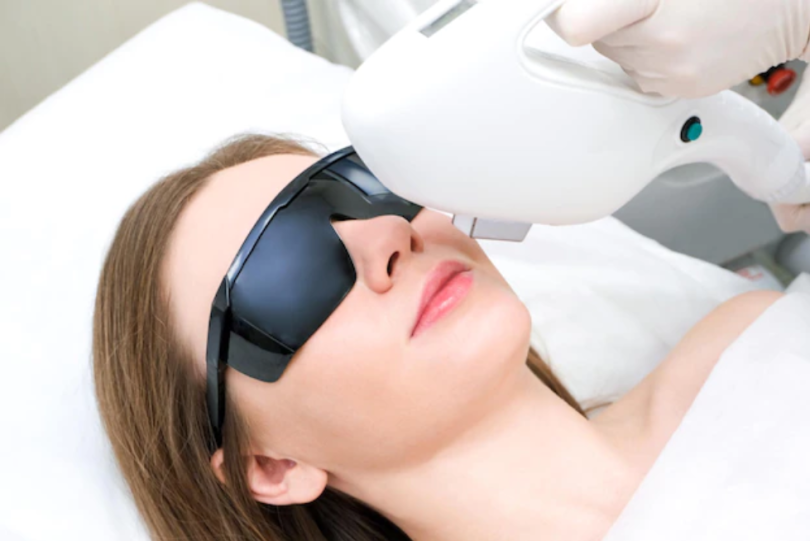Among the risks and side effects of epilation laser is brulure superficielle, which is translated as a small crust. While deep brulure and surinfection are rare, cicatrices are extremely rare. The risks and side effects of epilation laser are discussed in the following article. In addition to information on contraindications, the article also outlines the medication used during epilation laser treatments.
Treatment of telogene skin with epilation laser
The treatment of telogene skin can be performed with a number of phototherapies, such as Puvatherapie and UVB TL01 a 311 nm. The latter is more complex than UVB and requires the patient to take photosensitivity medication and wear protective glasses before the procedure. The procedure can produce complete lesions after fifteen to twenty-five sessions and is preferred for patients with severe psoriasis or flannel skin.
Exposure to ultraviolet rays regulates the production and reactivite of skin cells. Some forms of psoriasis respond well to this treatment, although it is contraindicated in patients under eight years of age, those at risk of developing skin cancer, and those taking immunosuppressants. Some forms of psoriasis may not respond well to phototherapy.

Risks and Side Effects of Epilation Laser
Risks
There are several possible side effects of epilation au laser. Depending on the region of the body, the treatment can be either mild or very severe. A number of side effects can occur, such as pain, rougissement of the skin, and ecchymoses. Other effects can be more severe, such as brules, cloques, and infection. Fortunately, most of the effects are temporary and do not require treatment.
One side effect of epilation laser is the presence of a small crust called brulure superficielle. This is common, but is not a major concern. Other possible side effects include deep brulure, surinfection, and cicatrices. Fortunately, these complications are rare and do not affect the majority of patients. If you’re considering having your facial hair removed, make sure to talk to your dermatologist about the risks and benefits of laser treatment.
Contraindications
A contraindication to epilation laser is a prescription medication. Certain medications can influence the process of epilation, such as pain medication. These medications may also cause hematomes. As with any medical procedure, a physician must be vigilant during epilation. The contraindication to epilation laser depends on the patient’s condition and the physician’s discretion. If you are taking medications and need epilation, discuss this option with your doctor.
Some dermatologists prescribe topical solutions or medications that may cause side effects when exposed to a laser. These medications may have photosensitivity effects and may increase your risk of rashes, swelling, or inflammation. Other contraindications to epilation laser treatment include use of scented lotions or tanning products, and using any type of scented creams for 24 hours before treatment.

Risks and Side Effects of Epilation Laser
Medication used in epilation laser
Before getting a laser hair removal treatment, you should discuss your medical history with a licensed medical professional. Certain medications can affect the laser treatment, including some oral contraceptives, many antibiotics, anti-cancer medications, anti-inflammatory medicines, and cardiac medicines. Herbal remedies should also be avoided. Licensed medical practitioners are aware of the side effects of laser treatments, and they will make recommendations to help you avoid them.
Some patients may be hypersensitive to light, and medications used for treating pellagra may make them more sensitive. Certain medications, such as anticoagulants, can increase the risk of photosensitivity. Pregnant women should wait at least a week before undergoing laser hair removal. In addition, people with certain inherited conditions may have an increased risk of side effects after the procedure. While the majority of side effects are minor and temporary, a few patients may experience more severe reactions.







